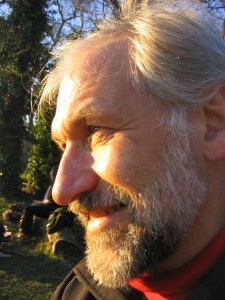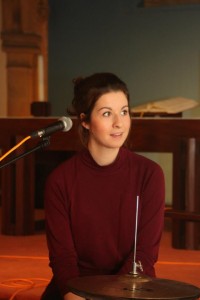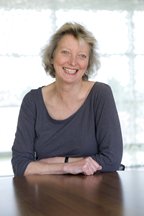Dr. David Simpson
BSc, Biomedical Electronics (1978-1981), PhD, Electrical Engineering (1983-1988), Postgraduate Certificate of Academic Practice (2003-2004).
After schooling in Austria, David Simpson graduated in Biomedical Electronics from the University of Salford (1981), and then worked as a mathematics and physics teacher in Nigeria. He obtained his PhD in Electrical Engineering in 1988, initiating his research interests in signal and image processing with applications in medicine. From 1989 to 1998 he was a lecturer in the Biomedical Engineering Program at the Federal University of Rio de Janeiro (Brazil). He then became a research fellow in the Medical Physics Department of Leicester Royal Infirmary before moving to the University of Southampton (ISVR) in 2001.
David Simpson’s research interests are in the processing and analysis of signals from human subjects, in order to improve diagnostic methods in medicine, and increase the understanding of physiological systems.
More information is available on Dr. Simpson’s University page.






